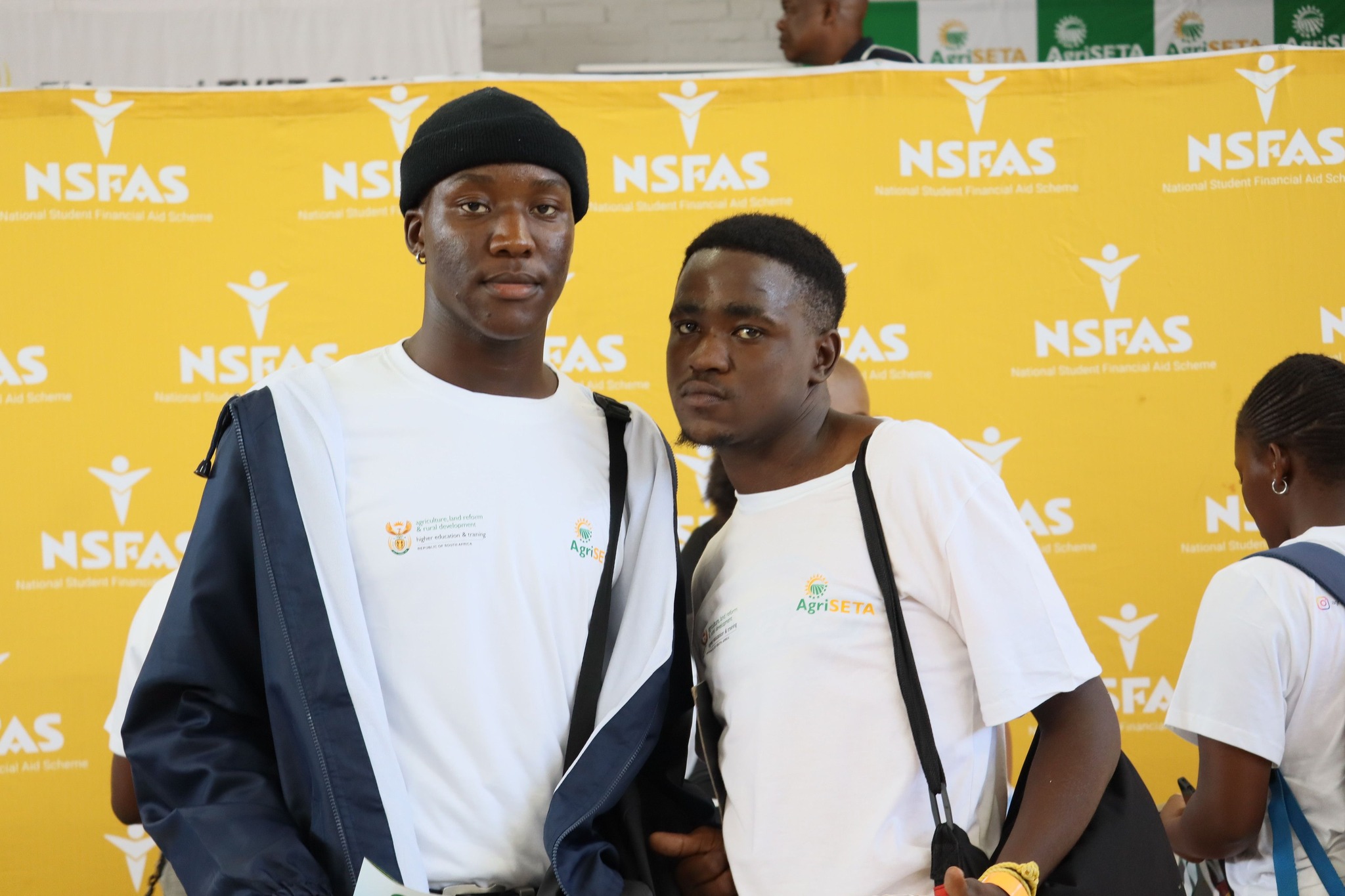NSFAS aims to financially assist South African students in need by covering fees related to education, such as housing and study materials, enabling them to pursue higher learning. However, your NSFAS application being declined, without a valid reason is saddening. If you’re in this situation, here’s how to deal with it:
- Analyze the Decline Message
It is important to begin by analyzing the message sent to you by NSFAS thoroughly. A decline could stem from something as simple as missing some documents or having an unfinished application form. Consider whether steps in the application process were skipped or mistakes made.
If the message does not adequately explain the reasoning for the rejection or is somewhat incoherent, it’s best to move on to other steps.
- Check Your Application Status Online
Applicants are able to check their application status by visiting NSFAS’ official site. Please log onto your NSFAS account and look for detailed information as to why your application was rejected. The status section might offer some information or highlight some issues with your personal information, academic history, or other documents.
Sometimes, the reason could be more benign, such as a fault in the system or a bug within the tech as some might say, Which would mean you have to newly apply or submit certain documents again.
- Contact NSFAS Customer Service
If you cannot comprehend why your application was rejected during the status check process, then the next step is to contact NSFAS. You may reach them on their helpline 0800 067 327 or email them at info@nsfas.org.za. While speaking to customer service, please remember to include:
NSFAS reference number
ID number
Clarification on the issue or concern
Commonly though, NSFAS customer care should address why your application was denied, if not clarify the reason with you.
- Appeal the Decision
You can appeal a specific decision made by NSFAS if they have declined your application without a reasonable justification. As long as you make the necessary arguments, NSFAS has an open appeal process. To begin the process, do what follows:
Access your NSFAS account.
Go to the “Appeals” tab.
State the reasons for the appeal, providing sufficient detail and evidence to support your claim.
Make sure you forward your appeal on time as late appeals will not be considered.
- Provide Additional Documentation
Your application could be turned down due to absence of some important documents. Make sure the relevant documentation is available like the ID copy, income verification documents, and academic transcripts. If any of those were missing or incomplete, this could have put the application at risk for rejection. As soon as you find documents that are not complete, incorrect, or missing, make sure to submit those swiftly.
Also remember to check the requirements on the NSFAS website so that you are not missing anything when submitting.
- Consult Your Institution
In case you’re still trying to find out what may have led to your application being declined, your institution could assist you. Some colleges and universities have an office that is focused exclusively on NSFAS and works very actively with the scheme. These offices tend to have experience dealing with NSFAS issues, and they may help you locate and fix problems regarding your application.
Moreover, the institution may also assist you in crafting a successful appeal or advise you on the other remedies that you can pursue.
- Look for Help from the Student Representative Council (SRC)
Another important source is the Student Representative Council (SRC) of your University or college. They, themselves, are a great source of information since the SRC is typically well informed on NSFAS and can assist you with the appeals process. If you feel that any unfair treatment have been done to you or your application was improperly denied, the SRC could represent you and give extra assistance during the appeal process.
Explore Other Sources Of Funding – Step Away from NSFAS
If your NSFAS application remains unsuccessful after all the steps listed above, you would want to try getting funding from different places. Here are other options that you might consider:
University Bursaries and Scholarships: Financial aid is available from a variety of institutions to help students with living and academic expenses.
Private Scholarships and Sponsorships: There are many organizations and corporations that provide partial or full scholarships for students who qualify.
Other Government Grants: Other government aids may exist depending on your discipline of study and your personal background.
Take Away
If you’re left feeling numb after an unsettling rejection from your NSFAS – try not to panic. Start assessing the options of what you may need to appeal with. Getting in touch with NSFAS to understand the concern is a crucial step too and if there are additional soft funds available to you for these matters – your institution and/or the SRC can provide guidance. Proactive follow up is often the strongest strategy which in turn can increase your chances of meeting the criteria for financial aid for schooling or training.
